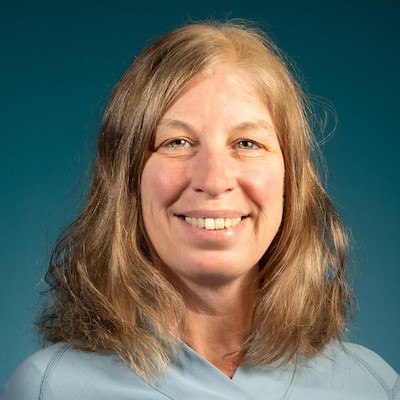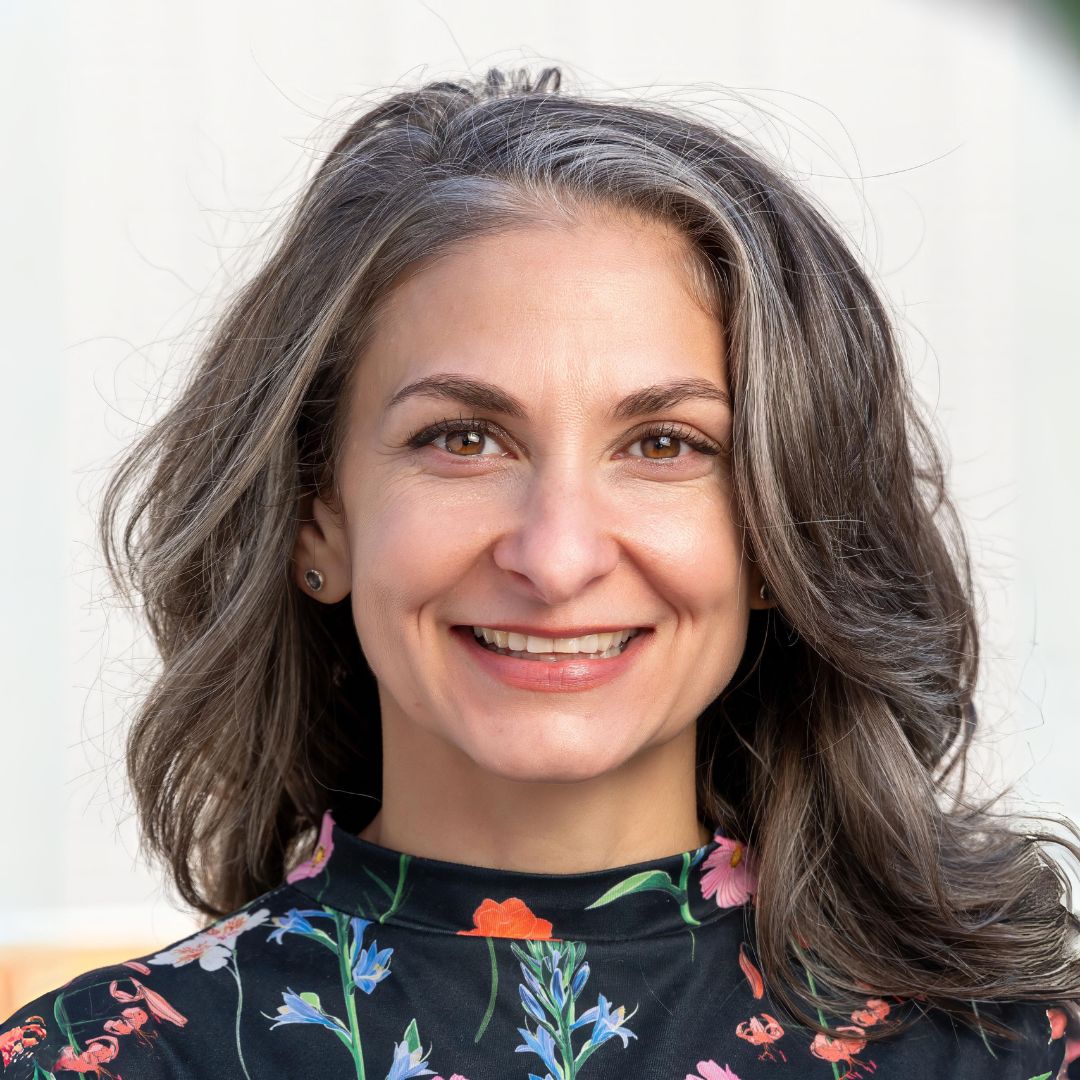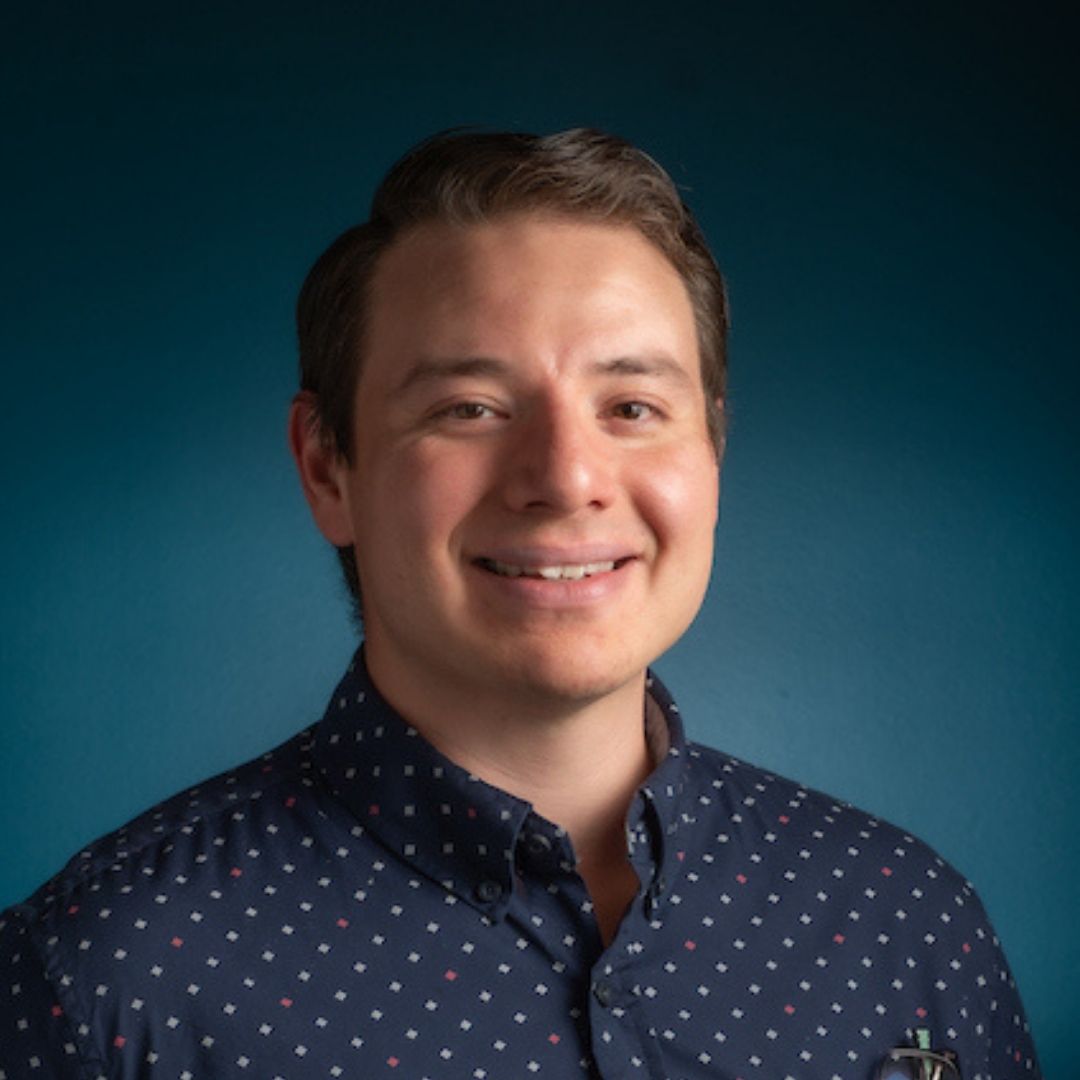Families who utilize Homes for Good services are eligible to participate in our Family Self Sufficiency Program (FSS).
HUD created this program to help families in Public Housing or in the Section 8 program increase their economic stability. The FSS program focuses on helping families eliminate barriers to being self-sufficient. Participation is voluntary, but the rewards are significant. When you sign up for FSS, you are assigned a coordinator who will provide the tools, encouragement, referrals and support needed to improve your economic situation and reduce dependence on assistance programs.
Families who participate in the FSS program typically increase their income thanks to their goal-setting and good planning. The only drawback to earning more is that if you’re in public housing or Section 8, your rent goes up. To encourage you, when you are in the FSS program, Homes for Good establishes an interest-bearing savings account for you. As your earnings increase and your rent increases, Homes for Good puts the difference into your account. When you graduate from the FSS program, the money in the account is yours. On average, FSS participants save $5,200 over the course of the program. FSS graduates can use their money for whatever they want; it is commonly used to pay off debt or save for homeownership.(The FSS program typically takes about four years for completion, but you are allowed five years to complete it.)
- February 1993: The first FSS Program participant signs up
- July 1994: Our first graduate!
- Number of FSS graduates since 1994: 318
- Average number of participants in current FSS program: 170
- Number of FSS graduates who have purchased homes through the program: 110
- Average FSS escrow account disbursal to graduates: $5,200
- Average amount of time a graduate is in the FSS program: 40 months
- Total amount in FSS escrow funds paid to FSS graduates: Over 2 million
“I was just your classic story,” Sarah said. When she first enrolled in the Family Self-Sufficiency Program (FSS) through Homes for Good, Sarah was facing tough times. She had a school-aged daughter and a two-year-old son with severe disabilities who often required medical treatment. She couldn’t work because her son needed around-the-clock care and to top it all off she felt stuck in an abusive relationship with her partner. Looking back almost eight years ago, Sarah remembers “I needed to do something!”
Sarah said she joined the Family Self-Sufficiency program because it was the only program that did not include behavior modification. “Nothing was mandated or condescending,” she said. “I didn’t have to do anything. I chose to do things." FSS provided Sarah with someone to talk to and bounce her ideas off of, someone to validate her efforts, and the encouragement she needed to improve the quality of life for herself and her children. Sarah describes FSS as the only program in her life that wasn’t coercive. “It was a reward, not a punishment."
When she first joined FSS she was on the Oregon Health Plan, receiving TANF, Food Stamps, and was a new Section 8 participant. “I couldn’t even imagine a budget that didn’t include Food Stamps!”
"But now that I have graduated from college with a degree in Sociology from the University of Oregon, have a job that I can feel proud of, and have reached the goals that my FSS Coordinator and I created when I joined the program, I’m doing pretty good now. I would definitely recommend this program to anyone who could use a little help."
“I just needed a little help, that’s all.” As a single mom with a newborn baby facing the reality of the bills that accompanied her bundle of joy, Sonya anticipated a rough road ahead. “I was just spreading myself too thin,” she shared.
“When I moved out of my parent’s house I was basically homeless for a little while. I had a rough pregnancy with my son. I just couldn’t work. So, I moved into the transitional housing program through St. Vincent de Paul. I was lucky enough to get a job at Lane County’s Head Start Program and I could basically afford to pay my few bills and get my one-month old baby into daycare. It was when I was on a temporary lay-off from Head Start that I got to move into Public Housing and enroll in the FSS program. When I went back to work at Head Start, FSS began to put money into my escrow account."
Then Sonya and her FSS worker focused their attention on putting Sonya’s life in order. They met often to establish and discuss Sonya’s goals and about how she planned to achieve them. “I didn’t have any stability or resources. I needed skills in budgeting, most of all.”
Sonya says that while growing up she never learned basic budgeting skills. Her parents had a hard time dealing with money. She wanted to do better for herself and her baby. Her goals were to one day own her own home and have a good job. The referrals and resources that FSS provided were exactly what Sonya needed.
“I learned to be accountable for my spending. I took classes through NEDCO. They helped me to think ahead about my money. I learned how to keep a ledger book of my spending and I kept all my receipts. I used the budget models that they gave me and then I changed it a little to make it fit my own needs. Now I can afford the little things like going out to lunch today. I am in control of where my money goes.”
Sonya really got to know herself through this process. Her open communication with her FSS worker enabled her to receive support and services concerning personal boundaries, establishing parenting strategies, maintaining self care and, of course, budgeting. She says she’s really impressed with how FSS focused on the whole family.
“I’ve always had high standards for myself and I’m my own worst critic.” This program helped Sonya learn about her personal limitations in the areas of employment, education, finances, and personal relationships. Her FSS worker helped her improve these areas of her life and reach the goals that she set for herself.
“Now I won’t get stuck. I’ve got the skills and confidence to get myself out of whatever comes my way. This program has really opened my eyes. It helped me to build my self-esteem. I knew that the key to my success wasn’t doing this program because I had to, or because someone else wanted me to, but because I knew it was what I needed to do to help myself.
Sonya has moved out of Public Housing, graduated from the FSS Program and found a new job that she loves. “I’m getting retirement benefits and the pay is great!” The escrow money that Sonya received upon graduation from FSS waits in a savings account until she is ready to buy her first home. When people around me share their struggles and I hear them saying that they’re not sure if they can make it, I tell them ‘yes, you can!’

I was born in New York and grew up in the Hudson Valley. I attended college at SUNY Plattsburgh, which is located on Lake Champlain in beautiful upstate New York near the Adirondacks. I graduated with a Bachelor’s degree in Cultural Anthropology and a Women’s Studies Minor. After graduating, I was hired for a summer job at a camp on the Oregon coast. I packed my belongings and headed west!
After the summer, I moved to Eugene and worked with people with disabilities at Oregon Supported Living program for 10 years. Then I was hired at Homes for Good as a Housing Coordinator/Inspector for the Section 8 program and I held that position for 14 years. From there I became a Housing Specialist and I learned how to review/calculate income. Part of my job included working closely with the VA and homeless veterans through the VASH program, helping them find safe suitable housing.
I had always had an interest in working more closely with people and was very happy to be hired when there was an opening in the Family Self-Sufficiency department for another Coordinator. I’m proud to be part of a program that supports individuals and families who are ready to set goals and pursue their dreams.
I love living in Oregon and being outdoors rain or shine. In my free time I ride horses, hike with my dog and husband, read, and try to get to the coast as often as I can.

I grew up on the Oregon Coast but spent a lot of time in Eugene as a kid. I've always loved this area and have enjoyed watching it grow and change. While attending college at Portland State, I volunteered with homeless youth and youth in detention and saw how much a person’s life can improve when they have the right supports. I returned to Eugene and worked at Laurel Hill Center as a Housing Navigator, helping people get into stable housing. That work was incredibly rewarding but I wanted to work with people on a more long-term basis. When the FSS job came open at Homes for Good I knew it was the right fit for me!
When I am not at work I enjoy traveling near and far, spending time with friends and family, riding bikes and anything else that gets me out in the sun. I serve on the board of my neighborhood association and am always looking for ways to give back to the community.

I have lived in Eugene for about 30 years, and I have enjoyed watching our city grow and evolve. I attended Willamette High School and Lane Community College. Throughout my career I have poised myself to serve my community in one way or another, I enjoy volunteering with organizations that promote and uplift underserved communities that I am a part of. I have worked with Homes for Good since May of 2019, I have gathered knowledge from my previous positions, as a Housing Specialist and a Resident Services Specialist, and now I bring that unique skillset the Family Self Sufficiency program.
When I am home I am working on a new recipe or tinkering with my bicycle, I have a mechanical mindset so I spend a long time carefully taking apart things to understand how they work, in life and in my job I like to understand how to make things more efficient.
I love to surround myself with nature so if I’m not home I am usually hiking with my beautiful wife, cycling with my amazing son, running with my beloved dog, or exploring a new place to eat.
If you are a resident of Public Housing or Section 8 programs and want to learn more about the Family Self-Sufficiency Program, sign up for an info session below and take the first step on your FSS journey! Once we receive your form, a coordinator will contact you to schedule your session and begin the enrollment process. Family Self-Sufficiency Information Request Form

